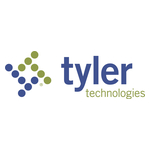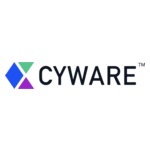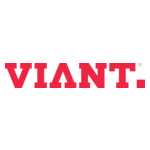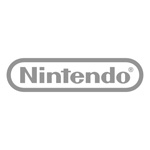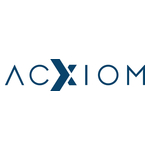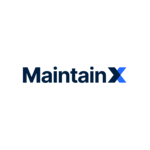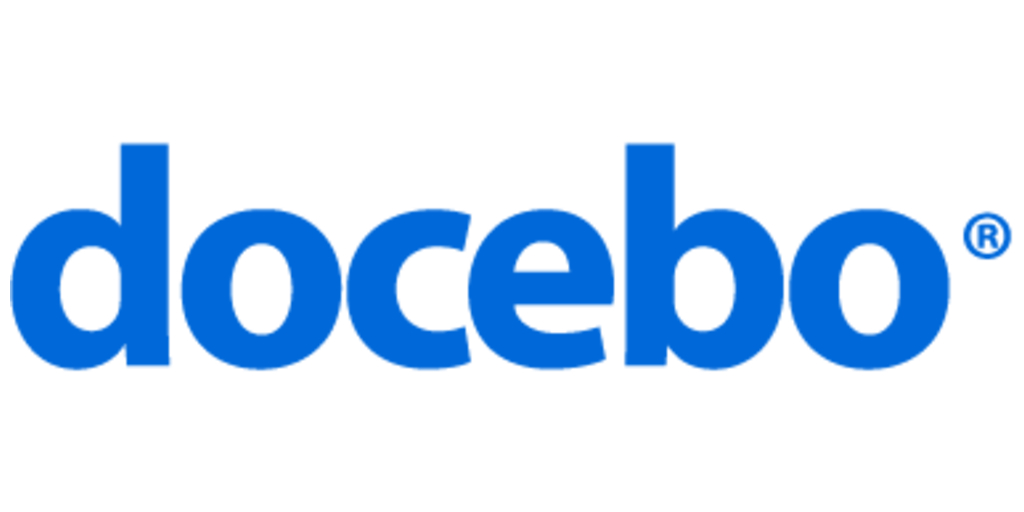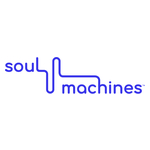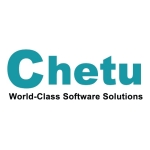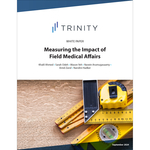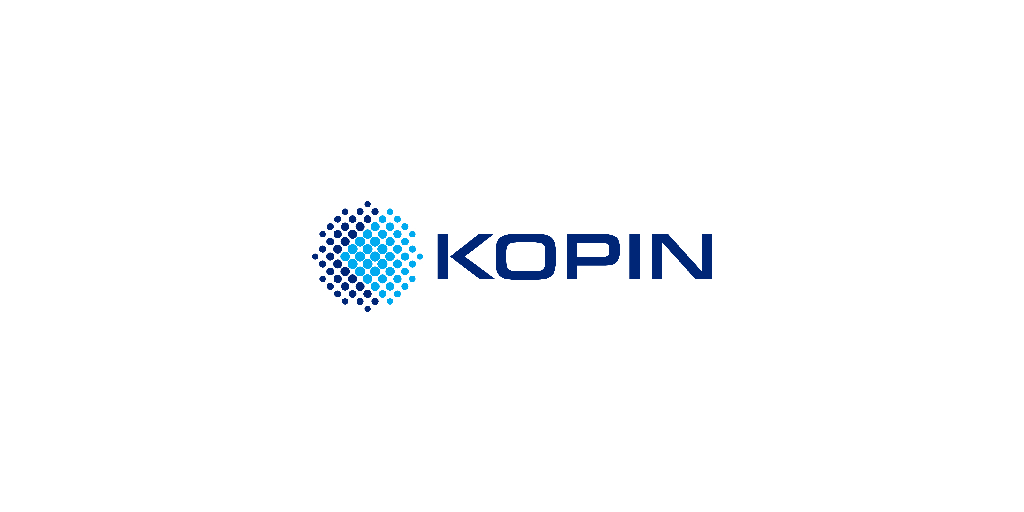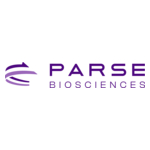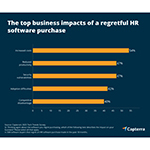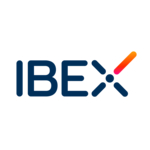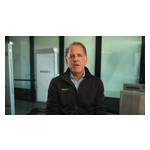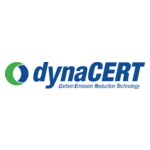
dynaCERT Receives Final Verra Approval of its Carbon Credit Methodology
For more information, please contact:
Jim Payne, Chairman & CEO
dynaCERT Inc.
#101 – 501 Alliance Avenue
Toronto, Ontario M6N 2J1
+1 (416) 766-9691 x 2
jpayne@dynaCERT.com
Investor Relations
dynaCERT Inc.
Nancy Massicotte
+1 (416) 766-9691 x 1
nmassicotte@dynaCERT.com
dynaCERT Inc. (TSX: DYA) (OTC: DYFSF) (FRA: DMJ) ("dynaCERT" or the "Company") is very pleased to announce that the Company has received the final Verra approval of its Carbon Credit Methodology.
This Verra-approved methodology marks a significant milestone in dynaCERT’s ongoing business evolution, as it underscores the impact of the Company's HydraGEN™ Technology, which is designed to reduce both fuel consumption and carbon emissions in a wide range of sizes of Internal Combustion Engines (“ICE”). dynaCERT’s innovative product line serves an extensive range of ICE applications, including sectors such as transportation, mining, construction, oil & gas and diesel generators.
The Verra Methodology
On October 4, 2024, Verra published its Verified Carbon Standard (VCS) Methodology Revision VMR0004 Improved Efficiency of Fleet Vehicles, v2.0. See the recently published Methodology here: Verra Methodology. See also the Verra Press Release of October 4, 2024, entitled “Verra Publishes Revised Vehicle Fleet Efficiency Methodology” here: Verra Press Release.
According to Verra:
“This methodology was developed by dynaCERT (and others), based on CDM methodology AMS-III.BC Emission Reductions Through Improved Efficiency of Vehicle Fleets, v3.0.
This methodology is applicable to project activities that improve the efficiency of vehicle fleets, including transport vehicles and mobile machinery, resulting in reduced greenhouse gas emissions from fuel and electricity consumption.
This revision introduces the option to monitor individual vehicles using telematics systems, which provide continuous tracking of odometer readings, fuel consumption, and operational time. This data is recorded in a centralized database, streamlining project monitoring.
Additionally, the methodology has been updated to better align with net-zero transition goals by setting a cut-off date for the inclusion of new fossil fuel vehicles and ensuring compatibility with national and regional net-zero transition plans and decarbonization strategies.
It also incorporates a conservativeness deduction based on uncertainty assessment and enhances the additionality demonstration procedures by including the investment analysis option, requiring a common practice analysis, and excluding the common practice barrier.
This methodology is a revision to AMS-III.BC.: Emission reductions through improved efficiency of vehicle fleets (external) and is globally applicable to project activities that improve the efficiency of vehicle fleets and mobile machinery (e.g., fleets of trucks, buses, cars, taxis or motorized tricycles, excavators, cranes), resulting in reduced fuel usage and greenhouse gas (GHG) emissions.”
Recurring Benefits for dynaCERT Clients
This pivotal approval by Verra opens the door for many clients of dynaCERT to earn a multi-year recurring stream of valuable Carbon Credits by using the Company’s HydraGEN™ Technology. dynaCERT plans to share equally the Carbon Credit benefits registered under Verra with users of HydraGEN™ Technology.
Quantification of GHG Reductions
In addition to providing a financial incentive derived from the sale of Carbon Credits, users deploying HydraGEN™ Technology will now have the ability to accurately quantify their GHG emissions reductions. This measurable impact is a key criterion for driving significant sales of HydraGEN™ Technology to large-scale clients.
Measurement Objectivity
A unique feature of the Methodology developed by dynaCERT is the precise, objective measurement of reduction of GHG emissions. dynaCERT’s HydraLytica™ Telematics eliminates human intervention and derives all its data from the Internal Combustion Engine’s ECU. This level of accuracy is expected to enhance the market value of dynaCERT’s Carbon Credits, as uncertainties and assumptions that often affect the valuation of competing Carbon Credits can be avoided.
Global Significance
This represents a major breakthrough for dynaCERT. Also, as dynaCERT’s HydraGEN™ Technology is designed to function on millions of engines world-wide, dynaCERT is now positioned to propose the advantages of Verra Carbon Credits on a global scale, expanding the reach and impact of the Company’s emissions-reduction solutions.
Dr. James Tansey, a director of dynaCERT and the CEO and a Director of Carbon Done Right Developments (TSX:V KLX), a public company focused on the development of carbon credits which to date has developed a portfolio of over 43,000,000 tonnes of carbon credits, stated, “The Verra Methodology is particularly suited to benefit clients of dynaCERT that wish to reduce their carbon footprint using the Company’s HydraGEN™ Technology. In addition, dynaCERT’s HydraLytica™ Telematics is expected to be very well received in Carbon Credit markets.”
Jean-Pierre Colin, Executive Vice President & Director and CFO of dynaCERT, stated, “The entry of dynaCERT into the multidimensional world of Carbon Credits marks a hugely important catalyst in our Company’s history. A new pathway has opened up which has potential to grow to become exponentially significant. The more HydraGEN™ Technology Units that dynaCERT distributes throughout the globe, the more users of the technology can apply for Carbon Credits. Through dynaCERT and Verra’s Methodology, many users of ICE engines throughout the world using dynaCERT’s HydraGEN™ Technology now have the opportunity to become validated contributors to the global effort to reduce GHG emissions.”
Jim Payne, Chairman and CEO of dynaCERT, stated, “On behalf of the entire board of dynaCERT, I congratulate and thank our team of Carbon Credit experts, our consultants and our contributors that made this Verra step a possibility. We also sincerely thank all the professionals at Verra who worked diligently to bring this Methodology to fruition. Many of our customers that strive to improve their sustainability image have indicated that they prefer vehicles equipped with our technology. From now on our clients can capitalize on the benefits of HydraGEN™ Technology by generating future streams of Carbon Credits. Verra Carbon Credits have the potential to benefit our clients as well as our dealers and all our stakeholders, as they align with our corporate goals. I look forward to discussing our developments and objectives with our clients and dealers in the following weeks.”
About VERRA
VERRA was founded in 2005 by environmental and business leaders who saw the need for greater quality assurance in voluntary carbon markets. The organization now serves as a secretariat for CDM, VCS, JI, VIVO, Gold Standard organizations to develop the various standards and various programs they manage, as well as an incubator of new ideas that can generate meaningful environmental and social values of scale. Headquarters are in Washington, DC, and with staff working remotely in various parts of the world. VERRA is a registered 501(c)(3) not-for-profit organization in the USA.
About dynaCERT Inc.
dynaCERT Inc. manufactures and distributes Carbon Emission Reduction Technology along with its proprietary HydraLytica™ Telematics, a means of monitoring fuel consumption and calculating GHG emissions savings designed for the tracking of possible future Carbon Credits for use with internal combustion engines. As part of the growing global hydrogen economy, our patented technology creates hydrogen and oxygen on-demand through a unique electrolysis system and supplies these gases through the air intake to enhance combustion, which has shown to lower carbon emissions and improve fuel efficiency. Our technology is designed for use with many types and sizes of diesel engines used in on-road vehicles, reefer trailers, off-road construction, power generation, mining and forestry equipment. Website: www.dynaCERT.com.
READER ADVISORY
This press release of dynaCERT Inc. contains statements that constitute "forward-looking statements". Such forward-looking statements involve known and unknown risks, uncertainties and other factors that may cause dynaCERT’s actual results, performance or achievements, or developments in the industry to differ materially from the anticipated results, performance or achievements expressed or implied by such forward-looking statements. In particular, information relating to Verra, the Verra Methodology and Carbon Credits cannot be independently verified. There can be no assurance that such statements will prove to be accurate, as actual results and future events could differ materially from those anticipated in such statements. Accordingly, readers should not place undue reliance on forward-looking statements. Actual results may vary from the forward-looking information in this news release due to certain material risk factors. This news release is not intended for distribution to U.S. news services or for dissemination in the United States.
Except for statements of historical fact, this news release contains certain "forward-looking information" within the meaning of applicable securities law. Forward-looking information is frequently characterized by words such as "plan", "expect", "project", "intend", "believe", "anticipate", "estimate" and other similar words, or statements that certain events or conditions "may" or "will" occur. Although we believe that the expectations reflected in the forward-looking information are reasonable, there can be no assurance that such expectations will prove to be correct. We cannot guarantee future results, performance of achievements. Consequently, there is no representation that the actual results achieved will be the same, in whole or in part, as those set out in the forward-looking information.
Forward-looking information is based on the opinions and estimates of management at the date the statements are made and are subject to a variety of risks and uncertainties and other factors that could cause actual events or results to differ materially from those anticipated in the forward-looking information. Some of the risks and other factors that could cause the results to differ materially from those expressed in the forward-looking information include, but are not limited to: uncertainty as to whether our strategies and business plans will yield the expected benefits; availability and cost of capital; the ability to identify and develop and achieve commercial success for new products and technologies; the level of expenditures necessary to maintain and improve the quality of products and services; changes in technology and changes in laws and regulations; the uncertainty of the emerging hydrogen economy; including the hydrogen economy moving at a pace not anticipated; our ability to secure and maintain strategic relationships and distribution agreements; and the other risk factors disclosed under our profile on SEDAR at www.sedar.com. Readers are cautioned that this list of risk factors should not be construed as exhaustive.
The forward-looking information contained in this news release is expressly qualified by this cautionary statement. We undertake no duty to update any of the forward-looking information to conform such information to actual results or to changes in our expectations except as otherwise required by applicable securities legislation. Readers are cautioned not to place undue reliance on forward-looking information.
Neither the Toronto Stock Exchange nor its Regulation Services Provider (as that term is defined in the policies of the Toronto Stock Exchange) accepts responsibility for the adequacy or accuracy of the release.
On Behalf of the Board
Murray James Payne, CEO
View source version on businesswire.com: https://www.businesswire.com/news/home/20241006231589/en/
